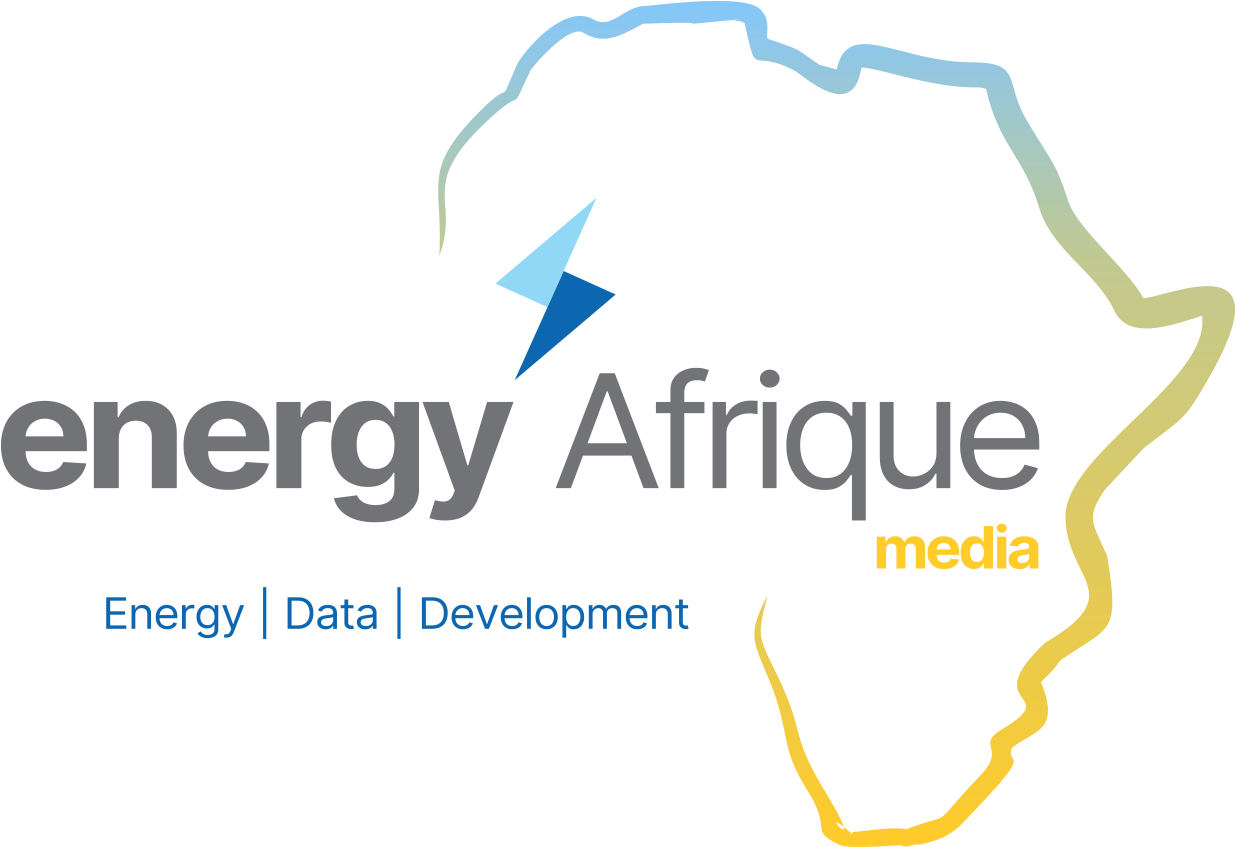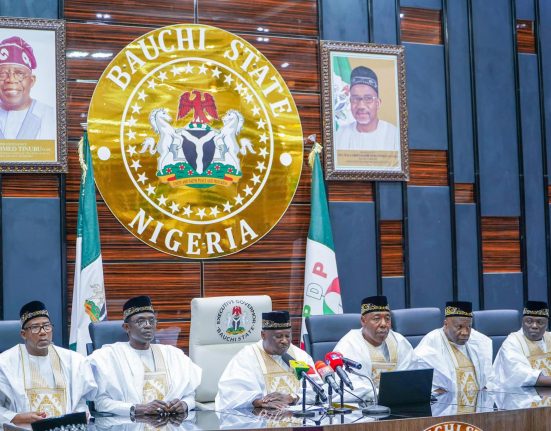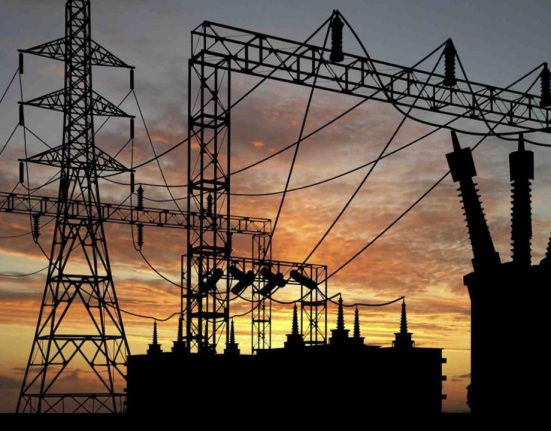The Nigerian government has introduced two strategic documents to guide Nigeria’s energy transition, enhance efficiency, and ensure reliability to fuel industrial growth, economic development and attract investments.
Minister of Innovation, Science, and Technology, Uche Nnaji, alongside special adviser to President Bola Tinubu on Energy, Olu Verheijen, minister of Water Resources and Sanitation Joseph Utsev (represented), minister of State for Petroleum Resources (Gas) Ekperikpe Ekpo, and the director-general of the Energy Commission of Nigeria (ECN), Dr. Mustapha Abdullahi, among other dignitaries, unveiled the documents.
Minister Nnaji highlighted the government’s commitment to energy targets, citing the issuance of $10.6 billion and $15 billion bonds in the first and second tranches respectively, with a third tranche of $50 billion earmarked for environmentally friendly projects promoting low-carbon, climate-resilient growth.
He emphasized that these initiatives open avenues for additional investments under Nigeria’s energy transition plan, fostering opportunities for investors, suppliers, manufacturers, and various value chain activities.
The National Energy Plan (NEP) and National Energy Master Plan (NEMP), revised editions produced by the ECN, were launched in Abuja on Wednesday, marking the first gazetted energy policy document in the country’s history.
Nigeria to Unveil 2024 Licensing Round Details at IAE Forum in Paris
Nigeria: Power Minister Announces Additional 625MW to National Grid
According to Minister Nnaji, gazetting these documents provides clear, documented government policy direction, enhancing credibility and encouraging compliance from government agencies, institutions, and private businesses.
ECN Director-General, Abdullahi, expressed commitment to collaborating with stakeholders to ensure energy security, emphasizing the importance of energy efficiency highlighted in the documents.
Verheijen emphasised the significance of the launch in demonstrating the government’s determination towards energy sustainability, emphasizing the pivotal role of energy in societal and economic growth. Despite challenges such as inadequate infrastructure and limited electricity access, she noted Nigeria’s vast potential to transform the energy sector through holistic approaches prioritizing diversification, efficiency, and accessibility.









